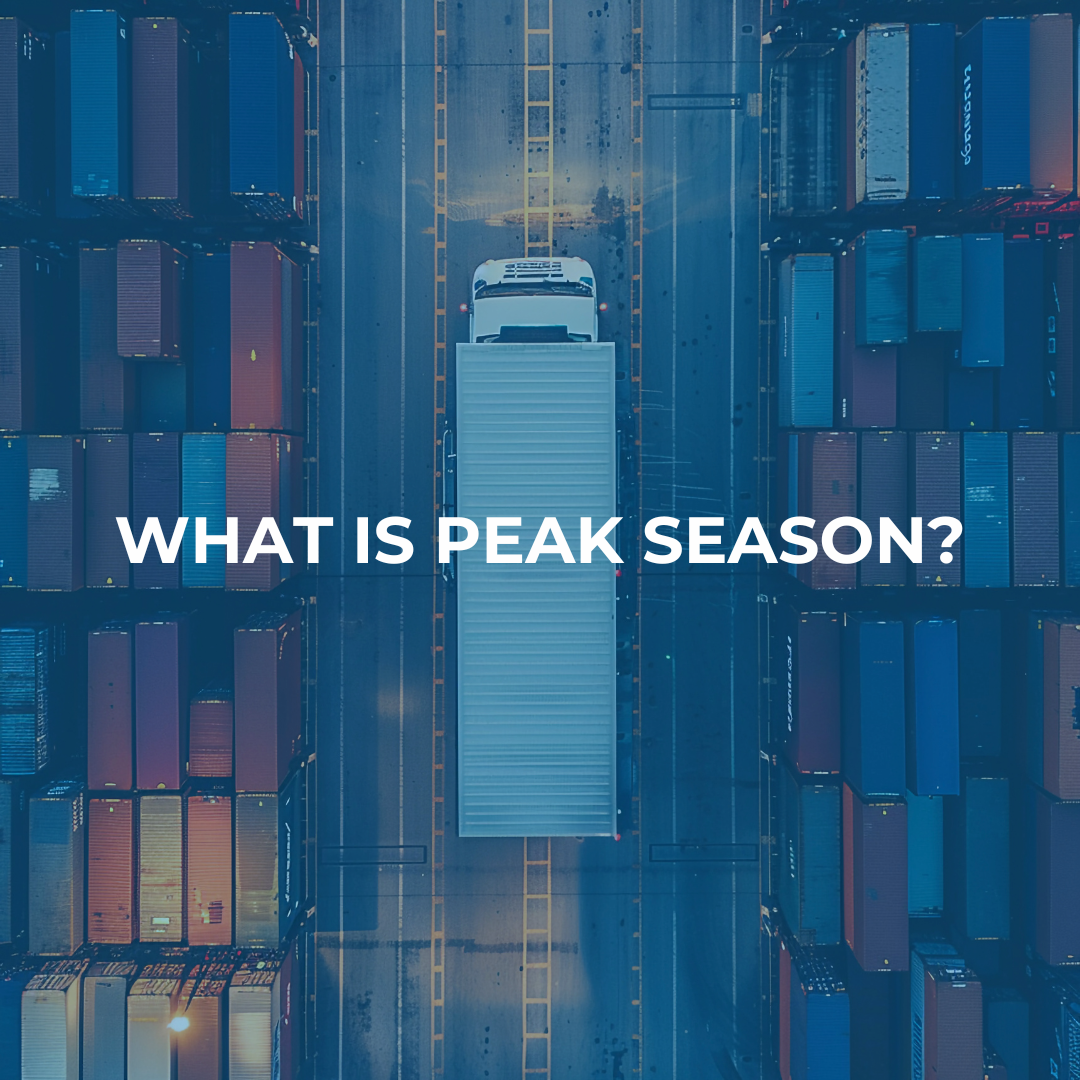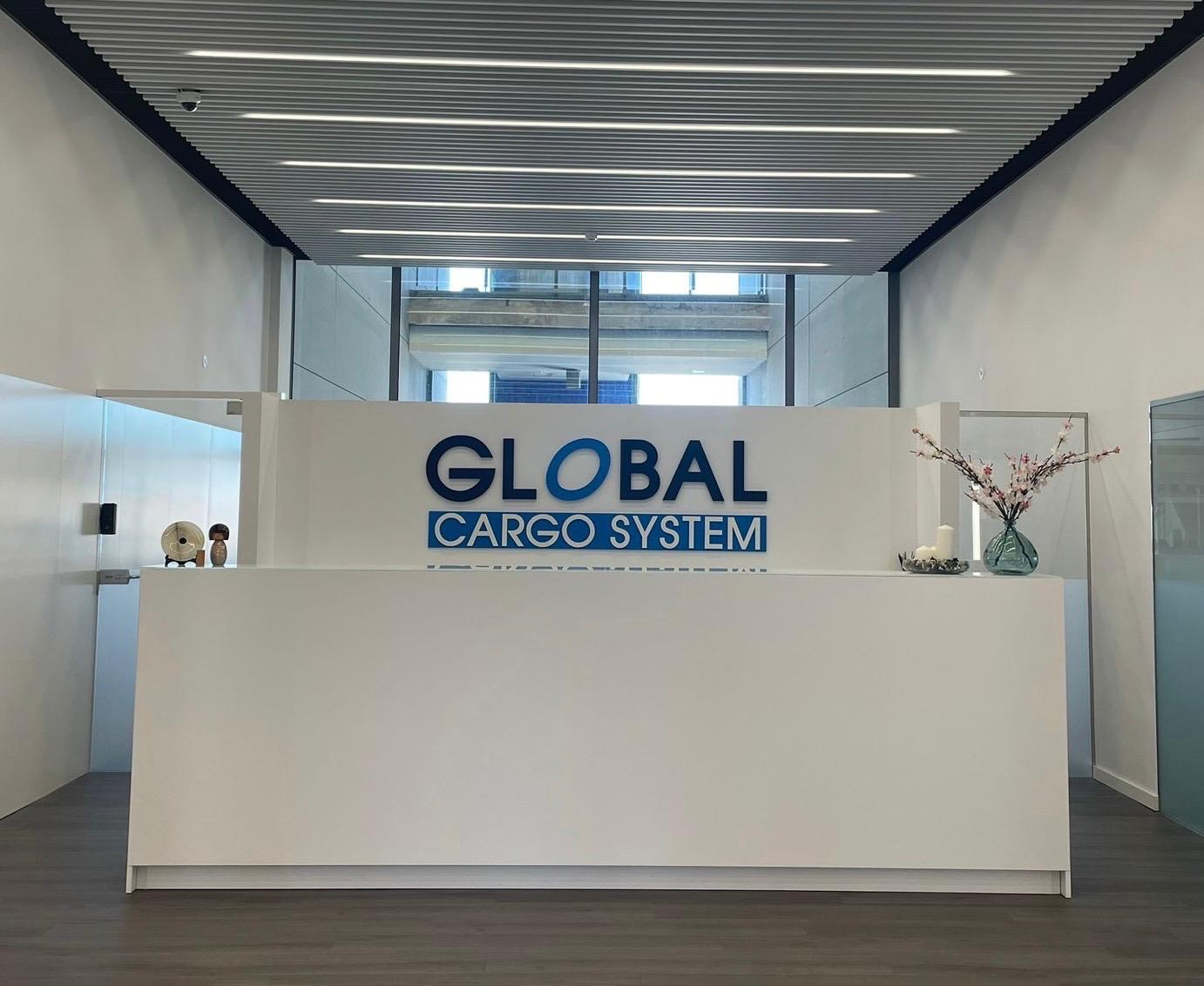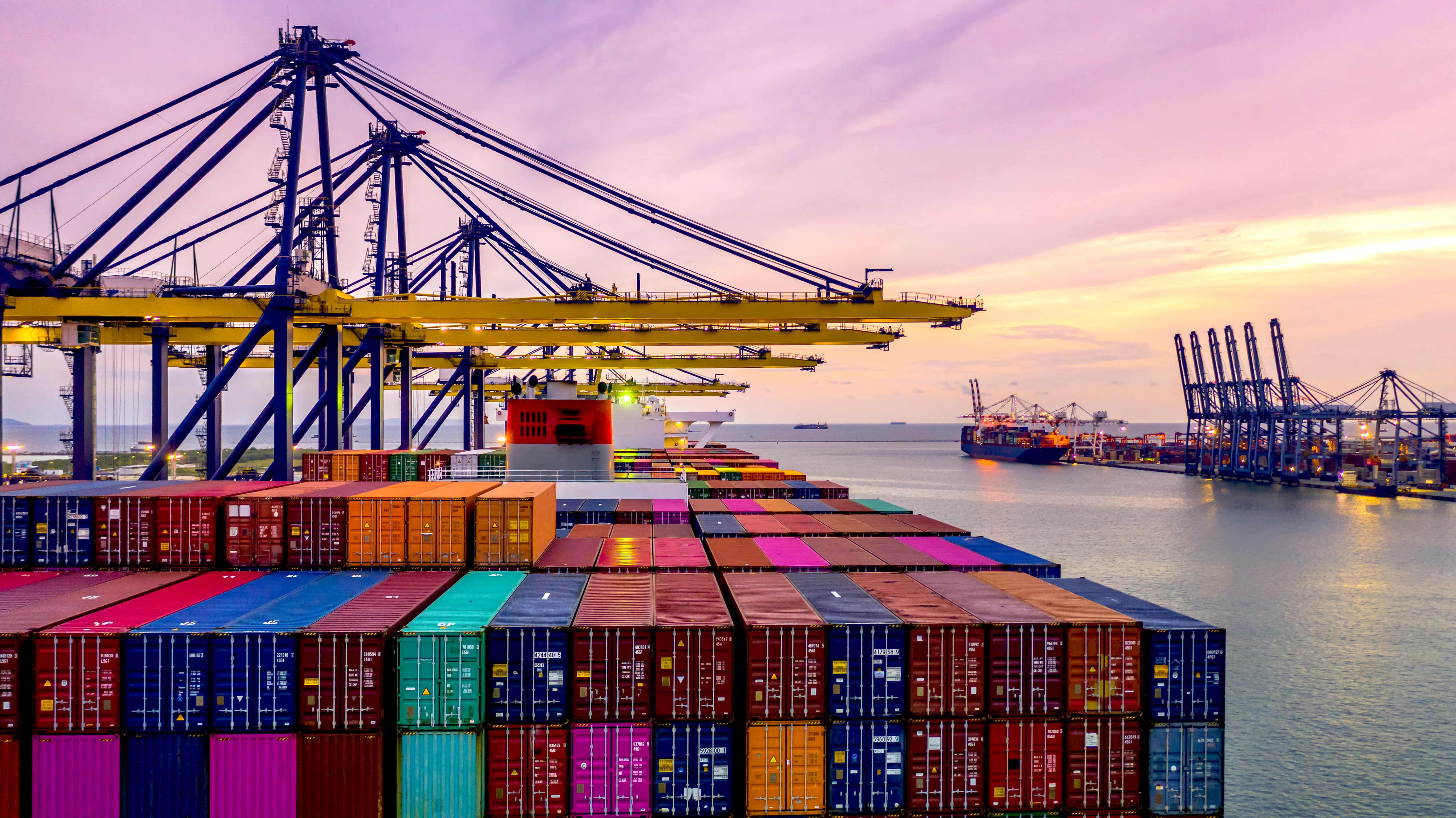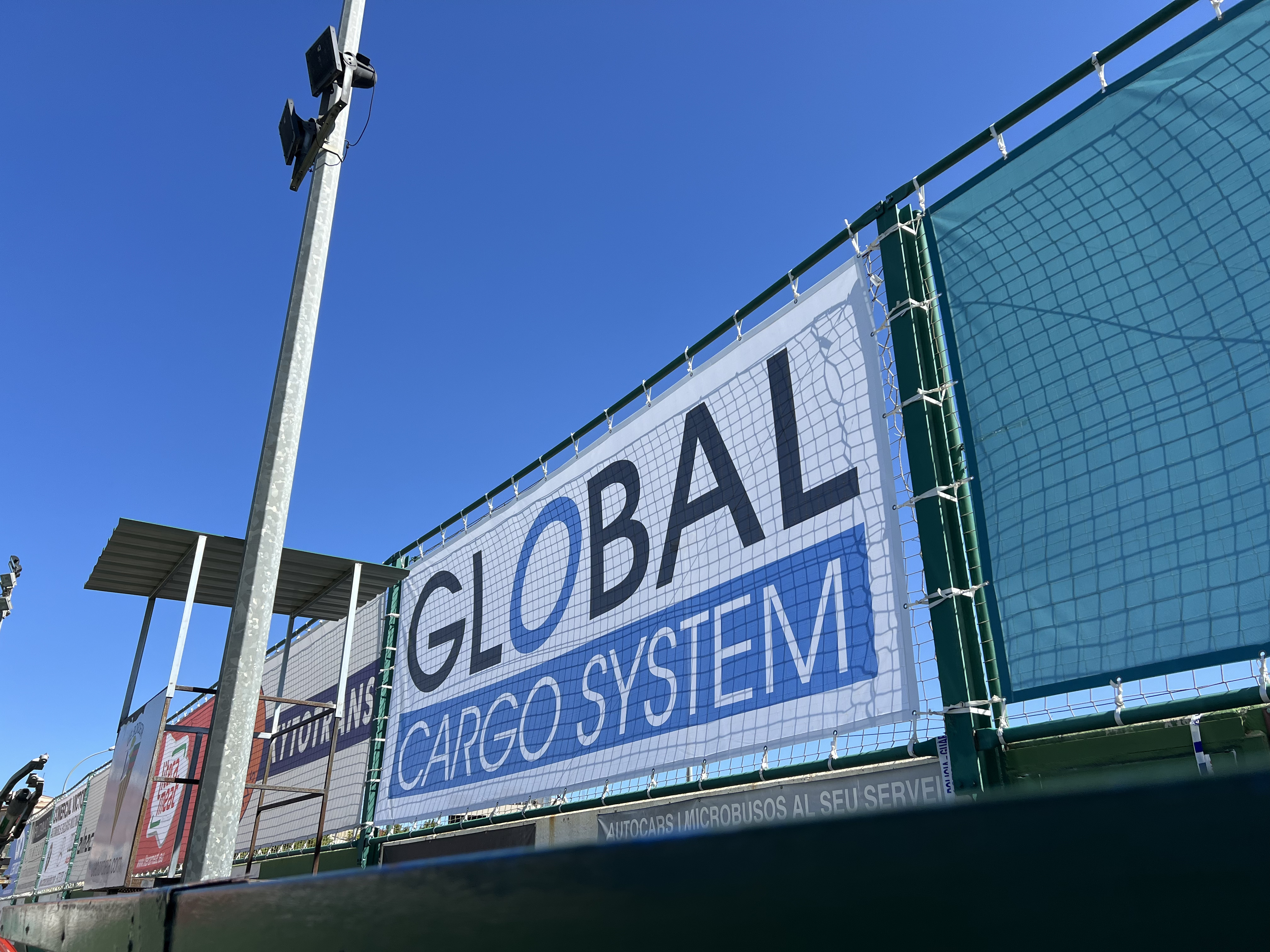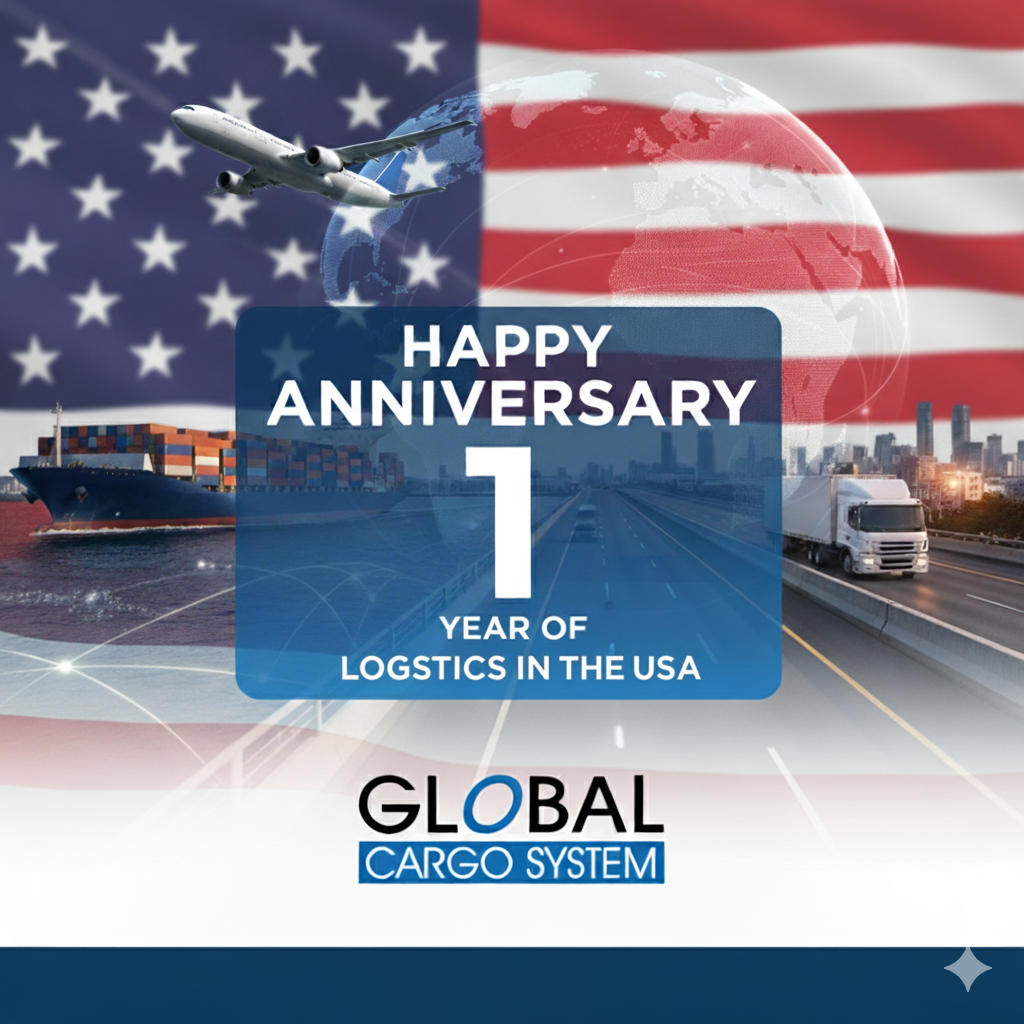What does 2026 hold in store for us?
Outlook and trends for the future of international logistics Global logistics is undergoing its biggest turning point in decades. What was once a support function has become the strategic heart of companies. In 2026, efficiency will no longer be measured solely in terms of costs, but also in terms of data and environmental responsibility The Drivers of Change To navigate this year, it is essential to understand the pillars that have redrawn the operational map: Digitization as the Norm: AI and automation are no longer emerging trends; they are the standard. They enable scalability that was previously impossible, transforming rigid chains into flexible networks. At Global Cargo System, we have developed an advanced digital tool that centralizes the flow of information, offering our customers logistics solutions based on total transparency and real-time control of their shipments. The Digitalized B2B Customer: The e-commerce standard has jumped to the industry. Today, a factory manager demands the same traceability and speed for a container of raw materials as an end user does for a domestic package. Logistics trends for 2026 Artificial Intelligence and Predictive Analytics.We no longer just react to problems; we anticipate them. AI allows us to anticipate congested routes, weather events, and peaks in demand weeks in advance, optimizing stock and avoiding storage overruns Green Logistics:From Ethics to Regulation By 2026, sustainability is a legal obligation. International regulations require total transparency in carbon footprints. Leading companies now select their logistics partners based on their ability to provide real emissions data and optimized routes. The Digital Customs Revolution.Paper has disappeared from foreign trade. Data integration between companies, operators, and customs is complete. In this scenario, the role of the expert and certified customs agent (AEO) is vital: in a 100% digital world, a typing error is an automatic block at the border. Real-Time Visibility (RTTV). The “Last Mile” is no longer just for small packages. In the B2B sector, complete visibility from the port to the unloading dock is a critical requirement for maintaining production line synchrony.
2026-02-10 15:06:20

